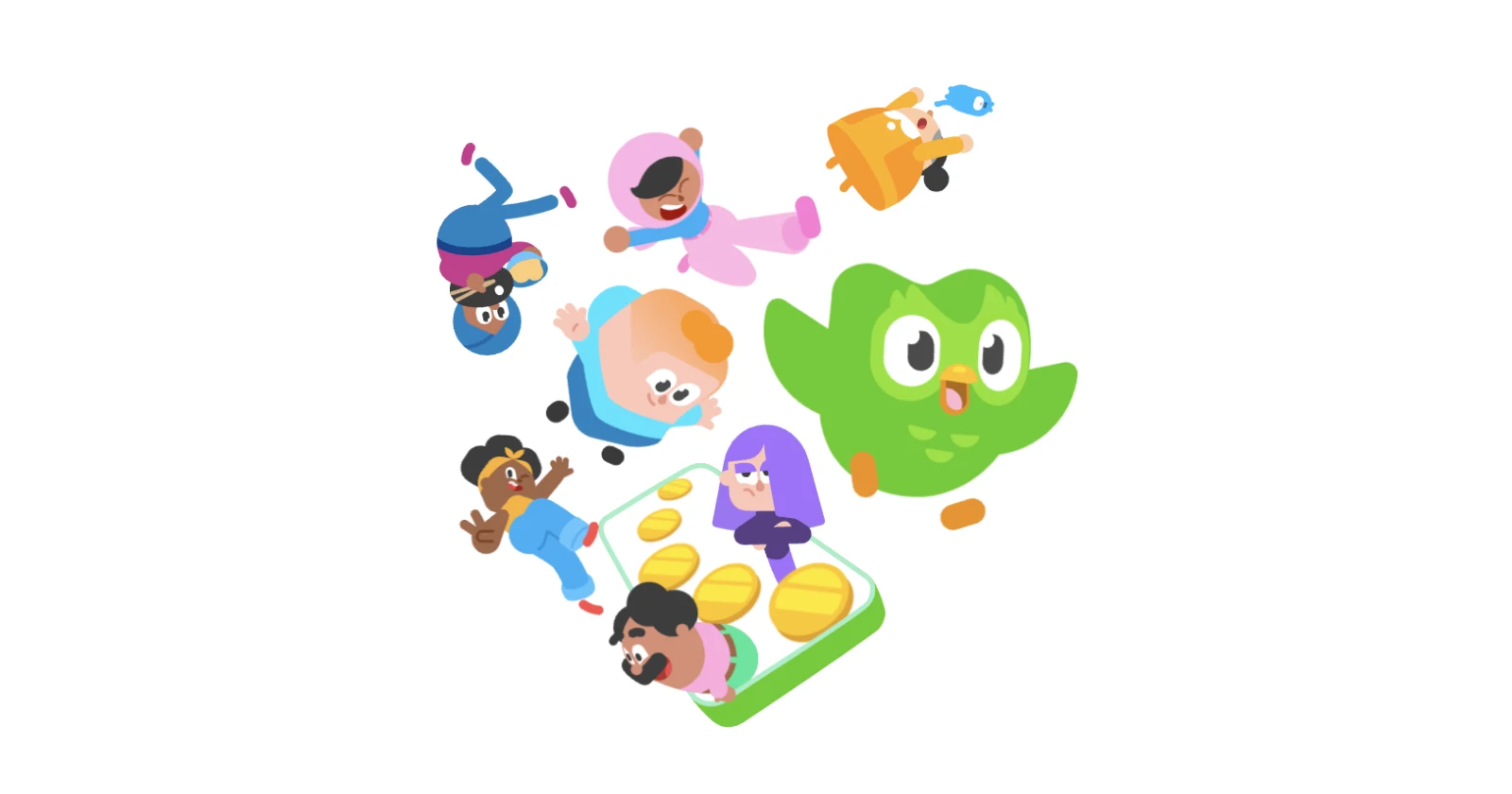Duolingo has finally shed some light on its controversial Hearts feature, offering an update that might ease frustrations for non-subscribers. Hearts, which limit the number of mistakes you can make before being locked out of lessons, have been a pain point for many users — especially since Duolingo removed the option to practice lessons to earn them back. Now, the platform is experimenting with a new approach to make things a bit more flexible.
According to a Reddit post by a Duolingo moderator, the company decided to remove the global practice feature because it wasn’t helping users make meaningful progress. It was too broad and didn’t reinforce specific skills, which made it less effective for language learning. The feature also didn’t align with Duolingo’s “Time Spent Learning Well” metric, which measures user activities that promote real progress. So, while practice-to-earn hearts had its fans, it’s not coming back anytime soon.
But that doesn’t mean Duolingo isn’t trying to address the issue. The platform has been testing a new system where users with four or fewer hearts can watch an ad to instantly refill one. No grinding through random lessons is required — just a quick ad, and you’re back in the game. This new ad-based refill feature has apparently shown promising results during testing. While it hasn’t drastically impacted Duolingo’s core metrics, it has slightly improved the Current User Retention Rate (CURR), which the company considers a win.
For those wondering what’s next, this ad-based heart refill is rolling out to more users. It’s not the practice-to-earn system many hoped for, but it’s a step toward making the app less punishing. Duolingo’s move comes as part of its effort to tweak its gamified experience, which has been a source of both motivation and frustration for its users.
The changes to the Hearts system are part of a series of updates that have left users feeling a bit uneasy about the direction the app is heading. Recent tweaks, such as changes to XP Boosts and the removal of time-based rewards like Early Bird and Night Owl chests, have already sparked backlash in the community. Many feel these updates make the app less fun and more restrictive, chipping away at the gamified elements that kept them engaged.
Still, Duolingo seems committed to experimenting with features that balance learning effectiveness with user satisfaction. Whether the ad-based heart refill will strike the right chord remains to be seen, but it’s clear the company is listening — at least to some extent. For now, frustrated users may find this new option a bit of a relief, though it’s unlikely to fully satisfy those who miss the old practice-to-earn system.
What do you think of Duolingo’s latest move? Will the new heart refill feature make the app more enjoyable, or is it just another half-step in the wrong direction? Share your thoughts in the comments section below.


